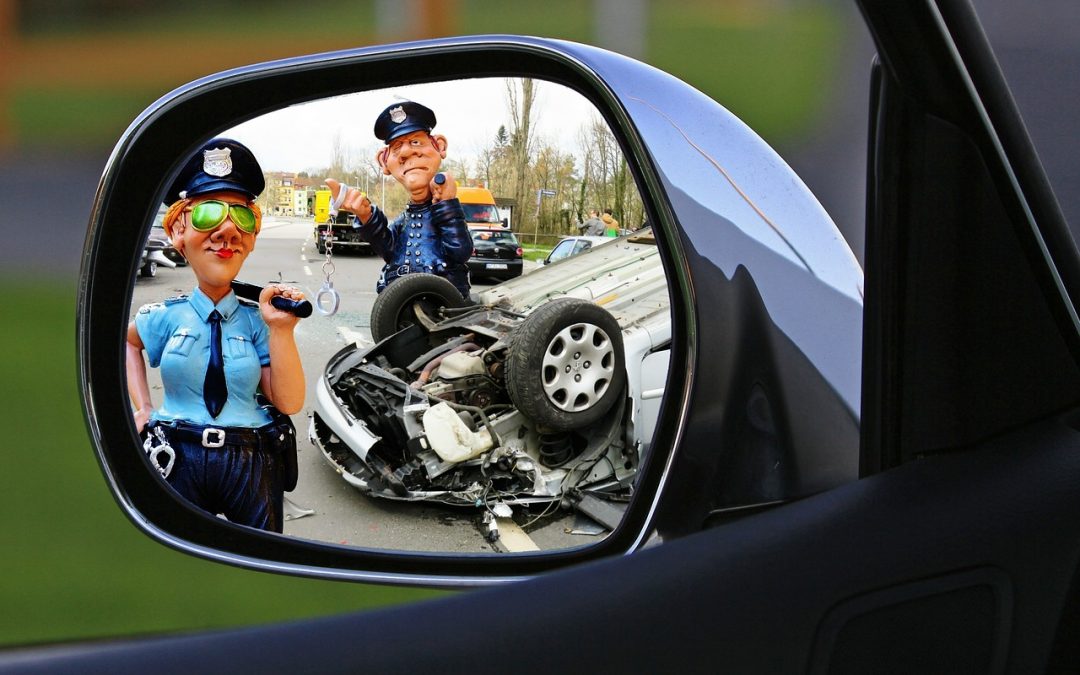When interacting with law enforcement, it’s essential to understand the legal differences between audio recording and video recording. While both can help ensure accountability, they involve distinct legal considerations that can impact your rights and safety.
Audio Recording: A Right with Limitations
In the United States, the recording of conversations is generally governed by federal and state wiretap laws. The federal wiretap law, 18 U.S.C. § 2511, prohibits the interception of oral communications without the consent of at least one party. However, most states, including those with one-party consent laws, allow individuals to record their own conversations, including those with law enforcement.
Notable exceptions include California, Connecticut, Florida, Illinois, Maryland, Massachusetts, Michigan, Montana, Nevada, New Hampshire, Pennsylvania, and Washington, which require two-party consent for audio recordings. It’s essential to familiarize yourself with your state’s specific laws.
Video Recording: A Right with Fewer Limitations
Video recording, which often includes audio, is generally considered a form of free speech and is protected by the First Amendment. The courts have consistently held that the recording of police officers in public spaces is a protected activity. In Glik v. Cunniffe, the First Circuit Court of Appeals ruled that the recording of police officers in a public space is protected by the First Amendment, as it serves a vital role in promoting accountability and transparency.
Practical Tips and Considerations
Remember, your safety is paramount. If you’re stopped or interacting with law enforcement, consider the following:
- Be respectful and calm, as this can help de-escalate the situation.
- Keep your phone or recording device in plain sight to avoid any confusion.
- If asked to stop recording, consider politely stating your understanding of your legal right to record and your intention to continue doing so.
- Don’t interfere with the officer’s duties or compromise their safety.
- If you’re unsure about your state’s laws or feel uncomfortable recording, consider waiting until the interaction has concluded and then filing a report or complaint if necessary.
“The right to record the police is an essential component of democratic accountability and a critical check on police power.”
In conclusion, it’s crucial to understand the legal differences between audio and video recording when dealing with law enforcement. While it’s essential to assert your rights, prioritize your safety and de-escalate the situation whenever possible. Stay informed about your local laws, and remember that knowledge is power. By being aware of your rights and limitations, you can contribute to a safer and more accountable community.
The information at Observed.Org may not pertain to every jurisdiction. It is YOUR responsibility to know your rights and observe them. Nothing here should be considered legal advice.

